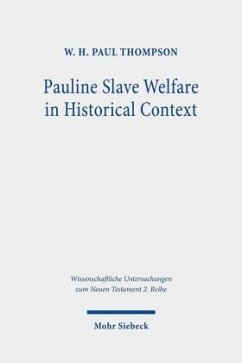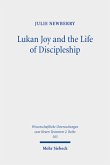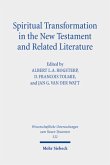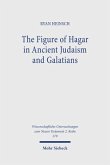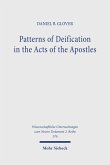W. H. Paul Thompson critiques modern scholarship on Pauline slavery for failing to define and reason consistently about equality. Instead, he engages in an equality analysis of Aristotle and Seneca in their Greco-Roman contexts, the Torah and its Jewish reception, and selected Pauline texts. Focusing on slave welfare - how slaves should be treated relative to free persons of the same historical context - rather than on abolitionism or reinforcement of slave submission, the author argues for a distinctive Jewish ethic of numerically equal treatment between slave and free that imitates Yahweh's impartiality. The Apostle reorients this ethic into a Christocentric framework to intensify both the quality of slave obedience and the degree of slave welfare required relative to the prevailing Roman ethos.
Bitte wählen Sie Ihr Anliegen aus.
Rechnungen
Retourenschein anfordern
Bestellstatus
Storno

